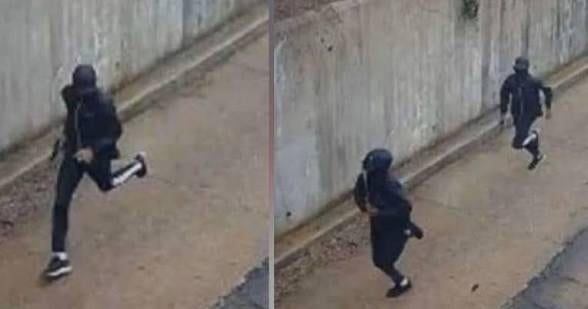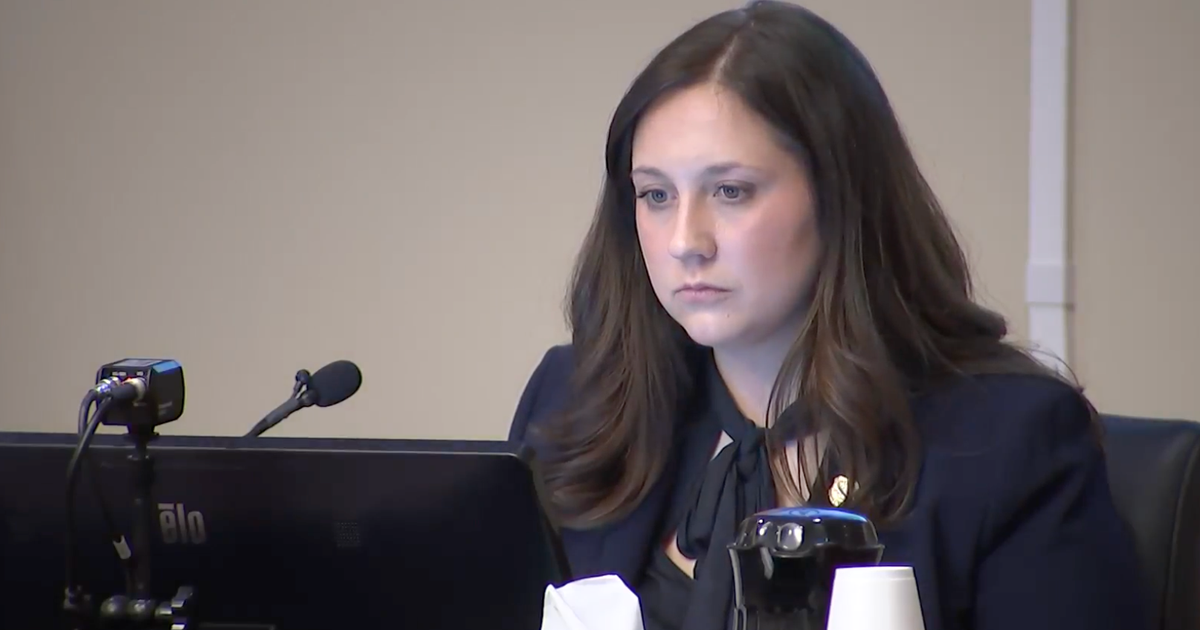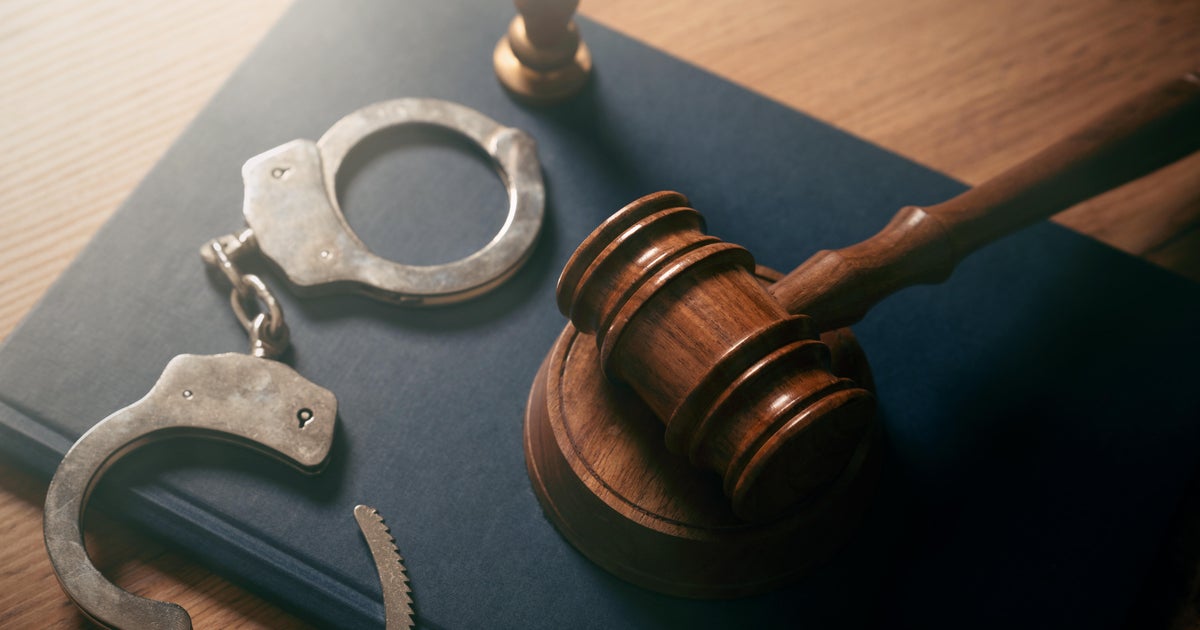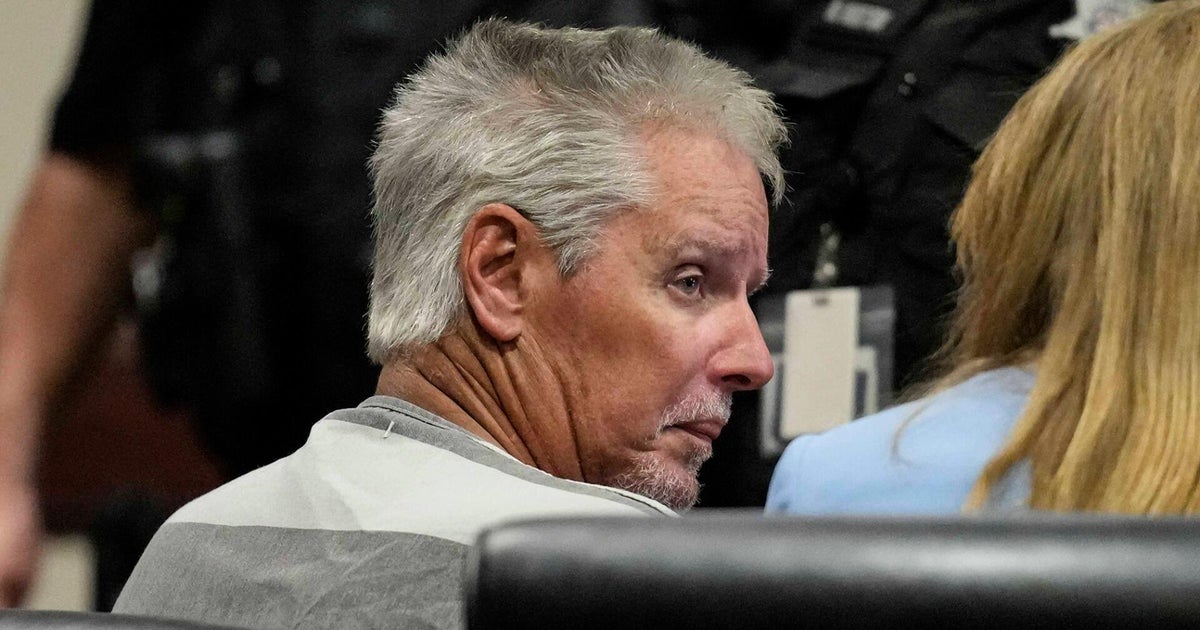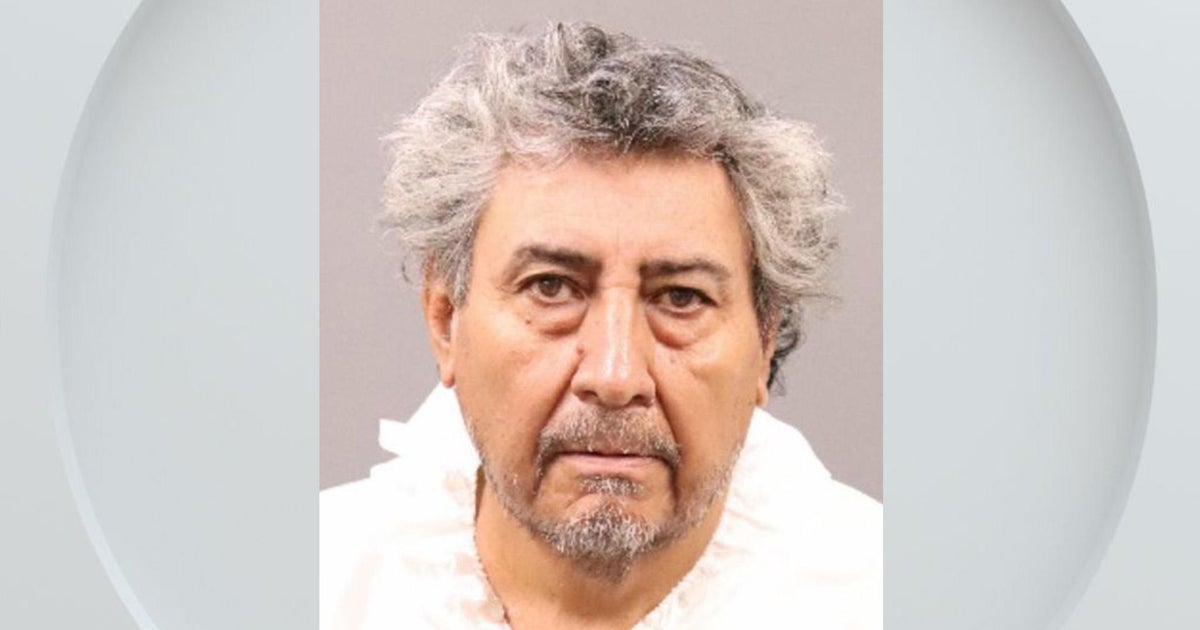Legal Arguments Delay Arizona Sweat Lodge Trial
FLAGSTAFF, Ariz. (AP) -- Prosecutors in a self-help author's manslaughter trial "inadvertently" failed to disclose an e-mail that has led the defense to ask for a mistrial, but they say the information doesn't mean James Arthur Ray isn't responsible for the deaths of three people.
The defense request filed late Monday has postponed testimony in Ray's case. Jurors had Tuesday off to allow prosecutors to file a response, and a judge is hearing oral arguments on the motion Wednesday.
Ray has pleaded not guilty to three counts of manslaughter stemming from a sweat lodge ceremony he led near Sedona in October 2009. His attorneys say they could have better prepared for the trial, in its eighth week, had they received the e-mail from an environmental scientist earlier than last week.
Richard Haddow wrote to prosecutors a year ago saying that an off-center rock pit, poor air circulation and the length of time participants spent inside the sweat lodge contributed to the deaths. The defense said it didn't receive the e-mail despite repeated requests.
"Mr. Ray could have made a powerful case to the jury that in light of the unknowable defects in design and construction of the sweat lodge, neither he nor any reasonable person could possibly have foreseen a substantial risk of death," the defense wrote in the motion.
In a reply late Tuesday, prosecutors said Ray's attorneys could have pursued a defense based on alleged faulty construction long ago. The information that Haddow outlined already had been presented through the statements of participants, interviews and witness testimony, they argued.
"Granting a mistrial would ignore the victims' right to justice and due process, and instead totally deprived the victims' family of any chance of seeing justice done in this matter," Yavapai County Attorney Sheila Polk wrote.
Any prejudice caused by the late release of Haddow's e-mail could be remedied by allowing the defense to call him to the stand if it wishes, Polk said. Prosecutors listed him as a possible witness in October but withdrew his name two months later because they felt his testimony would be cumulative, they explained Tuesday.
Ray contracted with the owners of the Angel Valley Retreat Center to have the sweat lodge built for his weeklong "Spiritual Warrior" ceremony. Angel Valley co-owner Amayra Hamilton has maintained that the structure was sound and that its construction is not to blame.
She and her husband, Michael Hamilton, were scheduled to testify this week.
Ray's attorneys suggested early in the case that the sweat lodge construction was faulty but said they couldn't assess the structure because it was torn down days after the ceremony. They've also pointed to toxins and poisons as contributing factors in the deaths.
Prosecutors said the Hamiltons dismantled the structure after authorities finished their on-scene investigation.
Prosecutors have argued that Ray recklessly caused the deaths. They have solicited testimony from witnesses who said other groups had used the same structure for ceremonies at the retreat without incident, and problems arose only in those led by Ray.
While Ray's attorneys contend that no evidence has been more exculpatory than Haddow's e-mail and it indicates Ray is not criminally responsible, prosecutors say that's hardly the case.
Haddow declined to comment Monday when contacted by The Associated Press because he was unsure whether he ultimately would be called to testify.
In the e-mail to prosecutors, Haddow said the nearly airtight structure and the radiant heat from the rock pit created positive pressure that didn't allow for the inside and much cooler outside air to be exchanged easily. He said the conditions of the participants worsened because of the length of time they were inside the sweat lodge, a factor that prosecutors say Ray controlled.
Liz Neuman, 49, of Prior Lake, Minn.; Kirby Brown, 38, of Westtown, N.Y.; and James Shore, 40, of Milwaukee, died.
Discovery rules require that prosecutors turn over evidence favorable to the defense. The attorneys disagree on whether the e-mail benefits Ray.
The defense request for a mistrial is the second such request in a week.
Yavapai County Judge Warren Darrow rejected a request from the defense last week to declare a mistrial, after Ray's attorneys argued that he had reversed a previous ruling by allowing evidence from past sweat lodge ceremonies led by Ray.
The defense asked Darrow to reconsider his decision not to grant a mistrial. Darrow hasn't ruled on that request, but he issued decisions Monday not to allow evidence that relates solely to a lesser charge and to exclude the testimony of a risk management expert that prosecutors listed as a witness.
(© Copyright 2011 The Associated Press. All Rights Reserved. This material may not be published, broadcast, rewritten or redistributed.)
